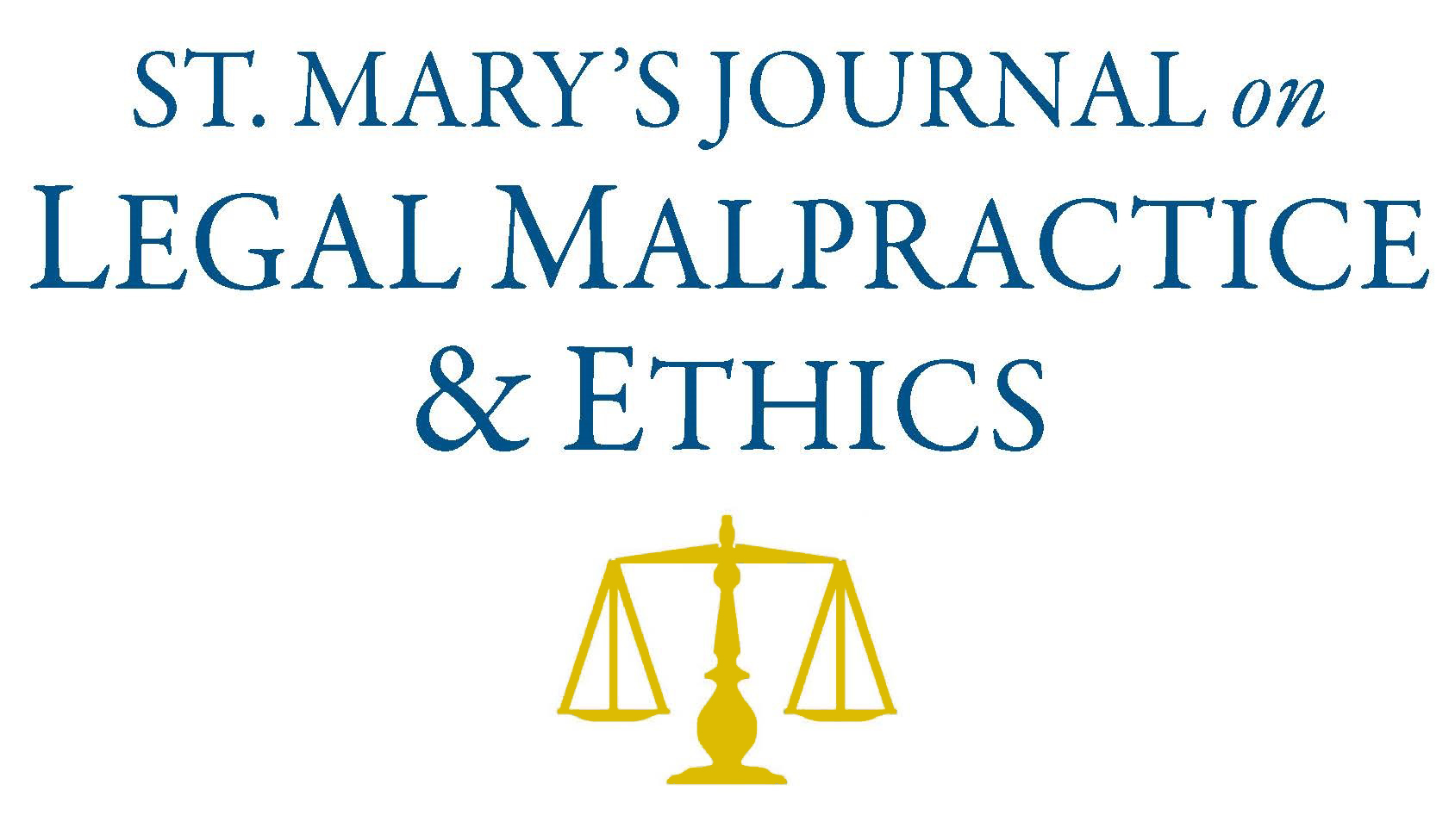
First Page
242
Date Created
1-1-2013
Publisher
St. Mary's University School of Law
Editor
Charles Ipock
Last Page
280
Abstract
The weaknesses within unauthorized practice of law (UPL) laws, coupled with shaky and fragmented enforcement, allow nonlawyers to perform activities that are otherwise characterized as the practice of law. Certified Public Accountants (CPAs), non-lawyers representing individuals in administrative settings, legal document preparation services, and other non-lawyers offering detailed legal advice pose serious threats to the bar and the individuals they serve. Uniformed standards of liability, ethics, and certification should be developed to ensure a balanced group of practitioners is available to the public. Pulling nonlawyers into the realm of liability for breach of professional responsibility would result in a higher expectation of services they are authorized to perform and eliminate services only a licensed lawyer is authorized to perform. Given that UPL laws provide minimal protection from the encroachment of those engaging in quasi-legal services, attorneys must differentiate themselves to compete in an oversaturated legal market that is experiencing outside pressure from non-lawyers. This Comment surveys the development of the bar’s power and the origin of UPL laws. Additionally, this Comment discusses key areas in which nonlawyers can practice law. Specifically, it touches on: (1) the ability of accountants to give thorough advice to their clients, thereby stepping into the practice of law; (2) the ability of nonlawyers to practice in front of administrative agencies; (3) emerging technology and document preparation services that take clients away from attorneys; and (4) nonlawyer radio station hosts who offer legal advice to callers. This Comment examines case law and statutes aimed at limiting these practices and those allowing them to continue. Moreover, it illustrates how various nonlawyer activities affect attorneys and consumers. It also explores the imbalance of professional ethics standards between attorneys and nonlawyers. Finally, this Comment provides suggestions for practitioners to stay competitive in today’s legal market.
Recommended Citation
Zachary C. Zurek,
The Limited Power of the Bar to Protect Its Monopoly.,
3
St. Mary's J. on Legal Malpractice & Ethics
242
(2013).
Available at:
https://commons.stmarytx.edu/lmej/vol3/iss1/7
Included in
Law and Society Commons, Legal Ethics and Professional Responsibility Commons, State and Local Government Law Commons

